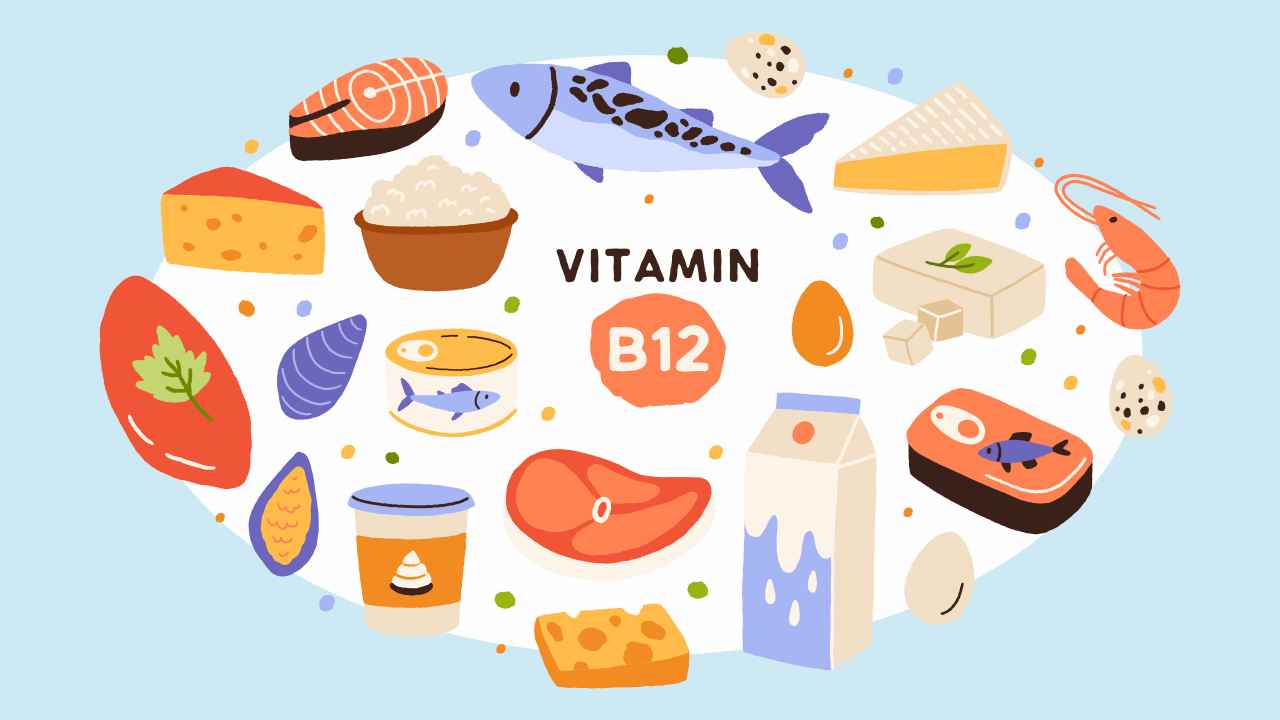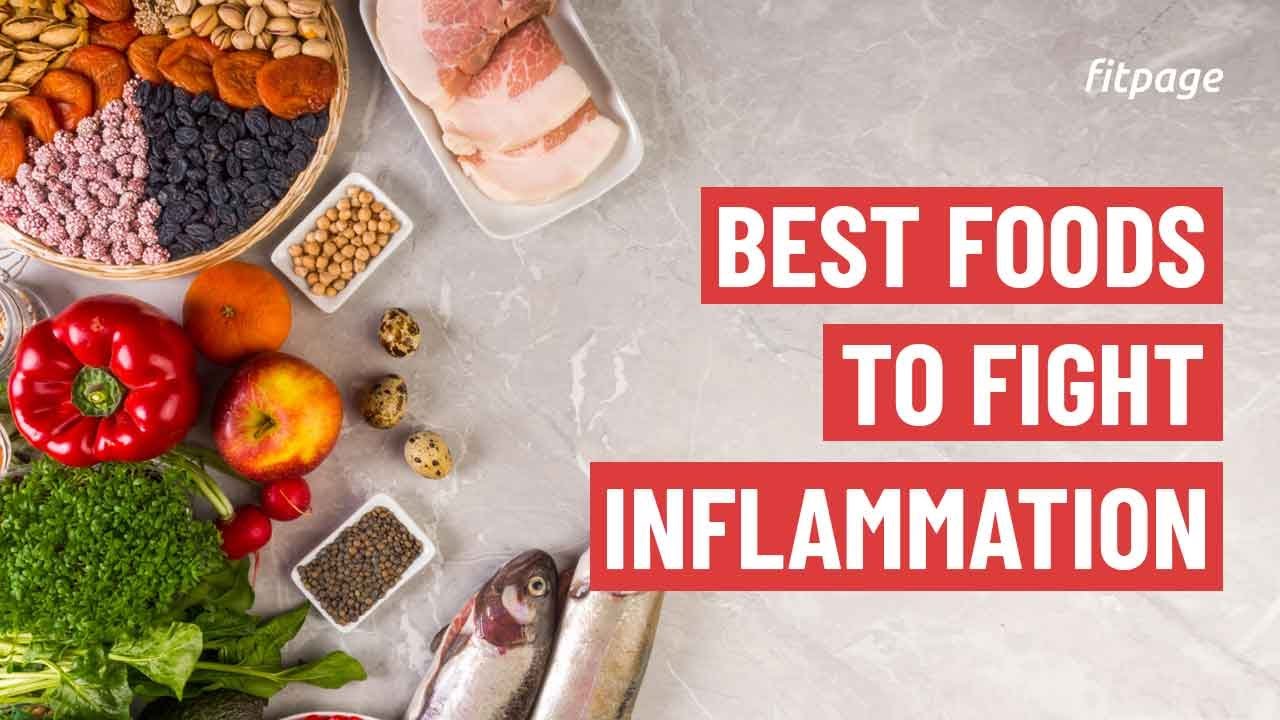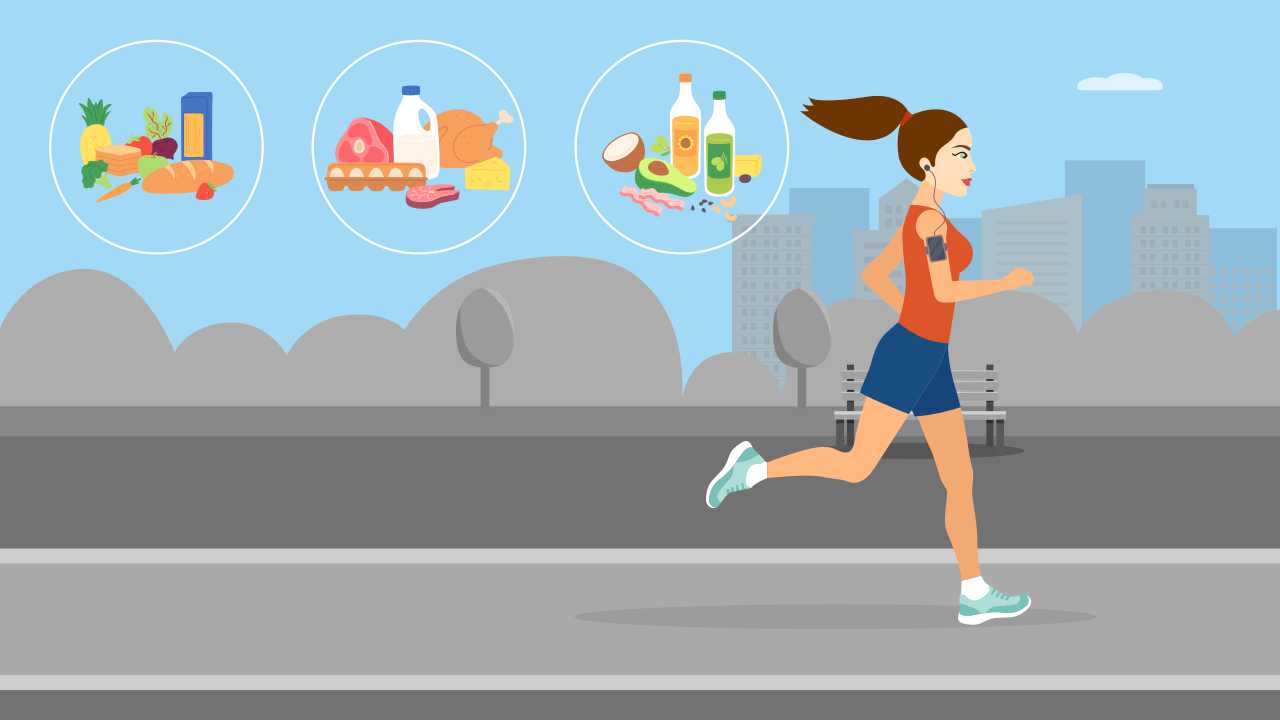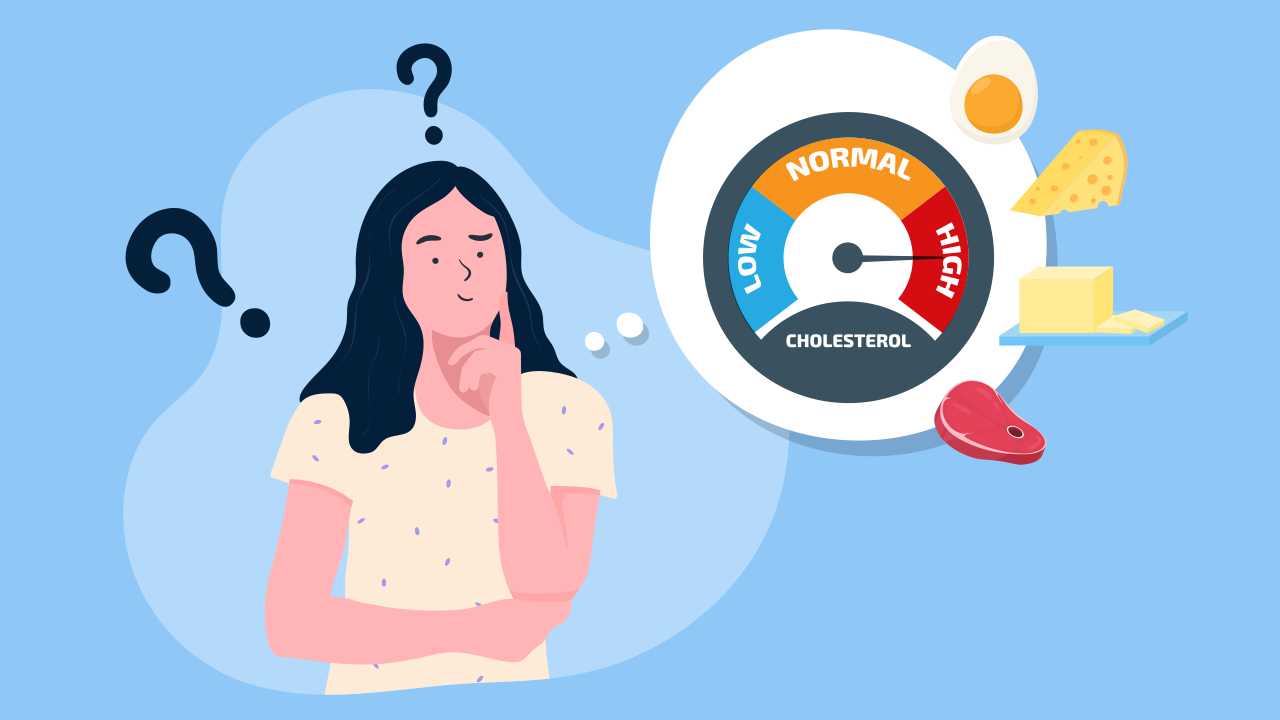
Vitamin B12: Benefits, Sources, and Deficiency

Do you frequently get a sensation of pins and needles in your hands and feet? Is there difficulty in coordination and balance or frequent mood swings? It’s possible that you may have a deficiency of vitamin B12. Here, we look at identifying vitamin B12 sources, and why it is of importance.
What is vitamin B12?
Vitamin B12 or cobalamin is a water-soluble vitamin, which is not synthesized in the body. It is dependent on the regular intake of vitamin B12-rich foods such as meat, fish, and dairy. Dietary deficiency of vitamin B12, often triggered by vegetarianism, is on the rise globally, and Indians are no exception. A study conducted in the northern states of India revealed that around 47% of the population suffered from vitamin B12 deficiency.
Why is vitamin B12 necessary for health?
Vitamin B12 is essential for maintaining neurological functions, red blood cell production, and DNA synthesis (making of the genetic code). So, a deficiency may lead to short-term or long-term neurological issues in the body.
Also read: Micronutrients: Vitamins, Minerals and the Role They Play
Who is at risk of developing vitamin B12 deficiency?
The dietary habits of people in various geographies and general malabsorption from food are the two known reasons for deficiency. However, in many cases, the cause may be unknown.
The below-mentioned groups may be at higher risk of developing vitamin B12 deficiency:
1. Vegetarians
Vegetarians and vegans are at greater risk of vitamin B12 deficiency, as compared to lacto-vegetarians and non-vegetarians. This is because animal foods are the only natural vitamin B12 sources.
2. Children born to vegetarian mothers
Vitamin B12 crosses the placenta during pregnancy, and is also present in breast milk. Exclusively breastfed infants of mothers, who consume no animal products, may have very limited reserves of vitamin B12. This could result in deficiency within months of birth, which may lead to severe and permanent neurological damage.
3. Elderly
Chronic gastritis is a condition that affects 10%–30% of older adults. This causes a decrease in the secretion of hydrochloric acid in the stomach, which results in the decreased absorption of vitamin B12.
4. Pernicious anaemia
Pernicious anemia is a condition characterized by the lack of a substance called “intrinsic factor”. In this case, the affected individuals are unable to absorb vitamin B12 in the gastrointestinal tract.
5. Gastrointestinal conditions
Individuals with stomach and small intestinal disorders, such as celiac disease and Crohn’s disease, may be unable to absorb enough vitamin B12 from food.
Vitamin B12 deficiency symptoms
As the symptoms develop over the years, the deficiency usually is underdiagnosed and can be mistaken for folate deficiency. Few common symptoms include:
- Pale or yellow skin
- Weakness and fatigue
- Sensation of pins and needles in hands and feet
- Impaired balance and coordination
- Mouth ulcers
- Breathlessness and dizziness
- Frequent mood swings
If you suspect that you have vitamin B12 deficiency, consult your doctor. They will prescribe a serum vitamin B12 levels test with complete blood count (CBC) and folate levels blood test. The folate level is measured, so that vitamin B12 deficiency is differentiated from folate deficiency anemia. Folate supplementation can alleviate megaloblastic anemia (folate deficiency anemia), but it can also mask vitamin B12 deficiency, which may lead to the neurologic deficits to progress or even accelerate.
Many people are often diagnosed with vitamin D and B12 deficiency together. Read more about vitamin D and it’s importance.
How much vitamin B12 should you consume?
Most people can prevent the deficiency by eating enough meat, poultry, seafood, dairy products, and eggs. Vegans can include vitamin B12–fortified grains. If there is a deficiency, the doctor may prescribe 1 mg of vitamin B12 daily for a month, followed by a maintenance dose of 125mcg-250mcg per day. A doctor will be able to guide you regarding vitamin B12 injection dose and oral supplements. Although, they must be taken under medical supervision only. The daily recommended intake for vitamin B12 is 0.4mcg to 2.8mcg, depending on the person’s age.
Table 1 shows the Recommended Dietary Allowances (RDAs) for vitamin B12 for Indians. The National Institute of Nutrition–ICMR recommends the following amounts of vitamin B12 as per age group:
| Age | Male | Female |
| 7–12 months | 1 mcg | 1 mcg |
| 1–3 years | 1 mcg | 1 mcg |
| 4–6 years | 1 mcg | 1 mcg |
| >6 years | 2 mcg | 2 mcg |
Pregnant and lactating women have different requirements of vitamin B12 and should seek medical advice regarding the same.
Vitamin B12 sources
Here is how you can maintain your vitamin B12 levels:
- Vitamin B12 in milk (full-fat) and milk products is a great way to get it through your daily diet
- Read the nutrition label on food packages, and check for its vitamin B12 content
- Consult your doctor and take regular vitamin B12 supplements, if required
- Get your vitamin B12 levels tested at least once a year if you are more than 30 years of age
Also read: Decoding Nutrition Labels: How You Can Choose to Eat Healthy
Based on your daily vitamin B12 requirement (as shown earlier), you can incorporate these vitamin B12 sources in your diet.
| Food Item | Amount | B12 content | Percent Daily Value* |
| Animal liver and kidney | 100g (½ cup cooked liver, 3 pieces kidney) | 85.7 mcg | 3500% |
| Clams | 100g (5 clams) | 99 mcg | 4000% |
| Trout fish | 100g (1 trout fish fillet) | 7.5 mcg | 300% |
| Sardines | 100 g (¾ cup cooked sardines) | 7.5 mcg | 300% |
| Full-fat milk | 240ml (1 cup) | 0.45 mcg | 46% |
| Full-fat curd | 150ml ( ¾ cup) | 0.37 mcg | 23% |
| Eggs | 1 large egg | 0.5mcg | 46% |
*An adult requires 2 mcg of vitamin B12 every day
As you see in the table, having just 250ml of full-fat milk meets almost 50% of an adult’s daily Vitamin B12 requirement. However, If you don’t consume milk, or are lactose intolerant, the vitamin B12 in curd could be of help as well. is A balanced mix of these vitamin B12 sources, will easily help you achieve your daily goal.
Being aware of your risk of deficiency is the first step towards preventing it. Track your health for possible vitamin B12 deficiency and eat a balanced, wholesome diet. Keep these quick tips in mind to guard against deficiency.
References
1. Carmel R. How I treat cobalamin (vitamin B12) deficiency. Blood 2008; 112: 2214-21.
2. Singla R, Garg A, Surana V, et al. Vitamin B12 Deficiency is Endemic in Indian Population: A Perspective from North India. Indian J Endocrinol Metab 2019; 23: 211-4.
3. Pawlak R, Parrott SJ, Raj S, et al. How prevalent is vitamin B12 deficiency among vegetarians? Nutr Rev 2013; 71: 110‒7.
4. McLean E, de Benoist B, Allen LH. Review of the magnitude of folate and vitamin B12 deficiencies worldwide. Food Nutr Bull 2008; 29: S38‒51.
5. Brito A, Mujica‐Coopman MF, López de Romaña D, et al. Folate and vitamin B12 status in Latin America and the Caribbean: an update. Food Nutr Bull 2015; 36: S109‒18.
6. Andrès E, Federici L, Affenberger S, et al. B12 deficiency: a look beyond pernicious anemia. J Fam Pract 2007; 56: 537-42.
7. Vitamin B12. National Institutes of Health. https://ods.od.nih.gov/factsheets/VitaminB12-HealthProfessional/#en12 (accessed Mar 10, 2021).













